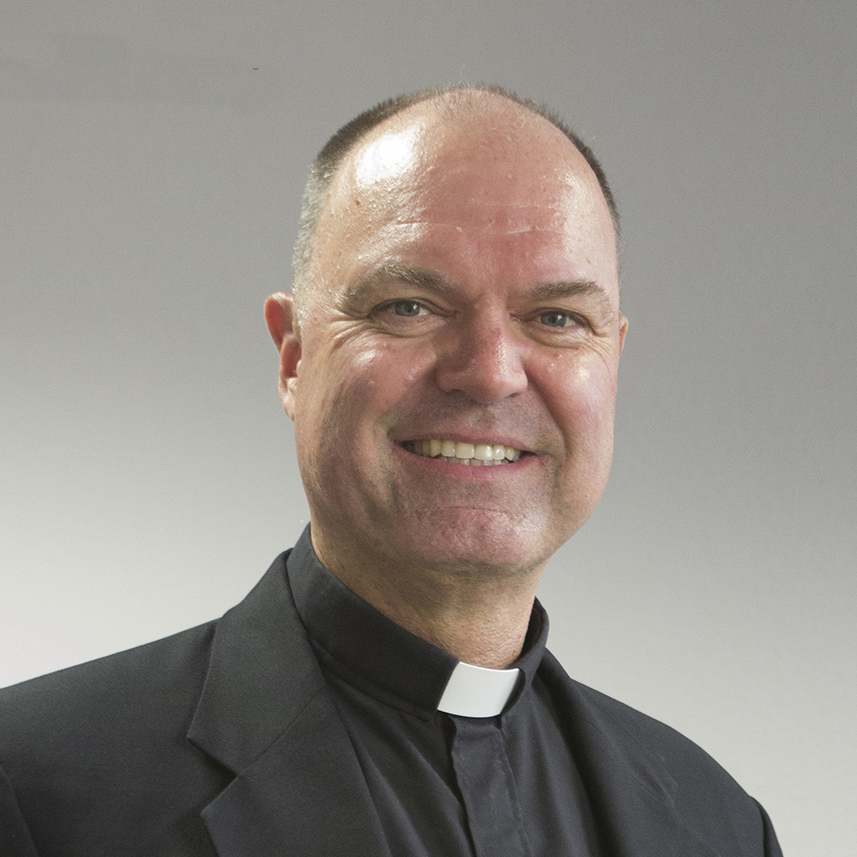Marriage
Question
From reading your articles, I infer that marriage is only permissible if the female is capable of bearing children at the inception of the marriage. I note an implied need for the husband to be able to intromit.
What about virginal marriage?
What about marriage past menopause or post-hysterectomy or post-vasectomy or after acquiring impotence due to prostate cancer treatment?
What about the companionate aspects of marriage?
There is more to sex than intromission and ejaculation, and orgasm is possible with NO physical contact. It is a spiritual experience, and I imagine it is similar to the ecstatic experiences of the saints.
I would certainly like to hear responses to these questions.
Roberta
Answer
Last Updated: February 21, 2015
Thank you for your questions. While I must confess that I need to spend some more time reviewing the questions and answers on this site, I would be surprised to find an answer suggesting that if one or both spouses-to-be were infertile, they would not be able to marry. This is certainly not the case in the Catholic Church, and I am pretty sure it also is not the case with civil marriage. In any case, one does not necessarily need to be fertile to marry validly. As you so correctly pointed out, if fertility were a requirement for valid marriage, an elderly man and woman would not be able to marry.
However, it is true that the Catholic Church, in her treatment of the Sacrament of Marriage in the Code of Canon Law (church law), does consider “antecedent and perpetual impotence, whether on the part of the man or of the woman” to be an impediment to valid marriage(see Canon 1084). If the man and woman are not able to consummate the marriage, the marriage should not take place. This is based on the teaching of Jesus in the bible, when he refers to Genesis 1:27 and 2:24 in Matthew 19:5-6a: “Have you not read that the creator from the beginning made them male and female and that he said: this is why a man must leave father and mother, and cling to his wife, and the two become one body? They are no longer two, therefore, but one body.”
Regarding virginal marriage, there have been cases in the history of the saints, where spouses, after having consummated the marriage, and indeed, had children and raised a family, have entered into a mutual agreement to live celibately. However, this agreement to live as brother and sister was only carried out after having lived a valid sacramental marriage for some time. This arrangement, when prompted and affirmed by the Holy Spirit, is completely legitimate.
May God bless you.
Fr. Blaise Berg
Answered By:

Fr. Blaise Berg, STD
Read more related questions
Morally Acceptable to Assist Wife in Achieving Orgasm?
I really need your help, I keep finding contradicting information on the matter everywhere I look. If my wife and I plan on having normal…
Intimacy When Intercourse Not Possible For Health Reasons
I was happy to see the quality of the responses from the experts on your site, but I did not see any that dealt with…
Troubled by Past Vasectomy
My husband and I were married in the Church 26 years ago. I had converted beforehand, more so for him than for myself. We were…
Unmet Expectations and Sad….
I read the other marital sexuality Q&A and could not find the answer to this. My husband and I have been married less than a…
Marriage
From reading your articles, I infer that marriage is only permissible if the female is capable of bearing children at the inception of the marriage.…
Appropriate Expressions of Intimacy
During times when we are postponing pregnancy, is sexual foreplay okay if neither of us has an orgasm? Our situation is that when I have…
Paraplegics and Marital Relations
In your section on marital sexuality, I read the information you posted in response to a question about the nature of the sexual relationship for…
Should I Feel Guilty?
My husband and I are no longer capable of having children because of medical reasons but we still enjoy sex a great deal. Are we…
Impotence and Sexuality
This very important question concerns millions of Catholic couples. It concerns the subject of impotence. I understand that Catholic teaching requires that all acts of…
Medical Options for Impotence
I have read the response on your website to questions about the morality of various acts in a marriage in which the husband is impotent.…
Thorn in Our Side
My wife and I practice NFP to the best of our knowledge. We try and follow the format even though we have never had any…
A Second Opinion
I am getting married in two weeks, and have been learning NFP over the last few months. My fiance and I have lived apart for…

